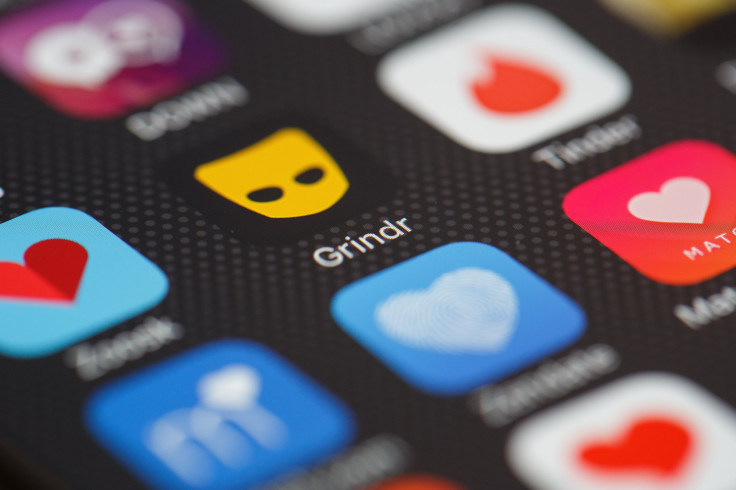Grindr Banned In Lebanon: List Of Countries That Prohibit Gay Dating App

Lebanon has reportedly banned people from accessing Grindr, a gay dating mobile app, on the country’s public network.
SMEX, a Lebanese NGO that works toward empowering people, reached out to Touch, one of the country’s top mobile networks, after several users confirmed the app being blocked. A representative of the company confirmed the news by saying the ban was in response to an order by the Ministry of Telecom. However, the reason behind the ban was unknown.
The NGO also urged the ministry to reverse the decision as it is the “most popular app among Lebanon’s queer community.”
In #Lebanon, @Grindr users were shocked by their sudden inability to access the app using 3G or 4G service. #GrindrLebBan pic.twitter.com/4y3rqGb7wN
— SMEX (@SMEX) January 18, 2019
Organizers of Beirut Pride, an annual LGBT pride festival, too responded to the news in a Facebook post.
“For some people, the application doesn’t log in; for others, profiles and conversations do not load, unless accessed from a private Wifi network,” they explained, adding that the ban is a “new attack on the freedoms in Lebanon, and intends to shrink national cyber access on the grounds of our personal and intimate relationships.”
“Banning an application on the public, shared network insinuates that the common space refuses to be a space for all. It confines people to the private network (home, cafés and work), thus pushing back Grindr, its users, and the representations of sexual orientation and gender identity back in the closet, behind closed doors. An approach of ‘exist but not too much’, ‘live your life away from us’, ‘be private about who you are and don’t impose yourself in the public sphere,’” they further stated.
Grindr, launched in 2009, has become the world's largest dating app for the gay community. Though the company states it is a social networking app for the LGBTQ community, it is primarily used as a dating app by gay and bisexual men. However, some countries have partially and completely banned the app.
Here is a list of such countries –
1. Turkey - Grindr was banned by Turkey's Directorate of Telecommunication (TİB) in 2013 as a "protective measure" following a ruling by an Istanbul court. The reason for the censorship remained unknown as the court’s decision was not published online.
2. Iran - Direct access to the application is blocked in Iran. However, several Iranian Internet users use tools like VPN to “unblock” the site.
3. Saudi Arabia - Internet censorship prevents people from using the app in the ultra-conservative country. “I can access it using VPN, but our government have 'religious police' with fake profiles to lure us and catch us... dating is a mind game here,” a person wrote on Reddit.
4. Indonesia – Though the app was in high usage among LGBT Indonesians, it was banned in 2017 post which people found empty profiles when they tried to use it. The country's Police Criminal Investigation Agency (Bareskrim) asked the Ministry of Information to block the app on the ground that it was being used by pedophiles to pimp teenage boys out to men.
5. Egypt – The police in the country reportedly use the app to find and arrest members of the country's LGBT community. In 2017, the app sent safety tips to users in Arabic, reminding them to be extra cautious while confirming the identity of users.
The other countries where the app is banned include China, United Arab Emirates, Ukraine and Russia.
© Copyright IBTimes 2024. All rights reserved.











